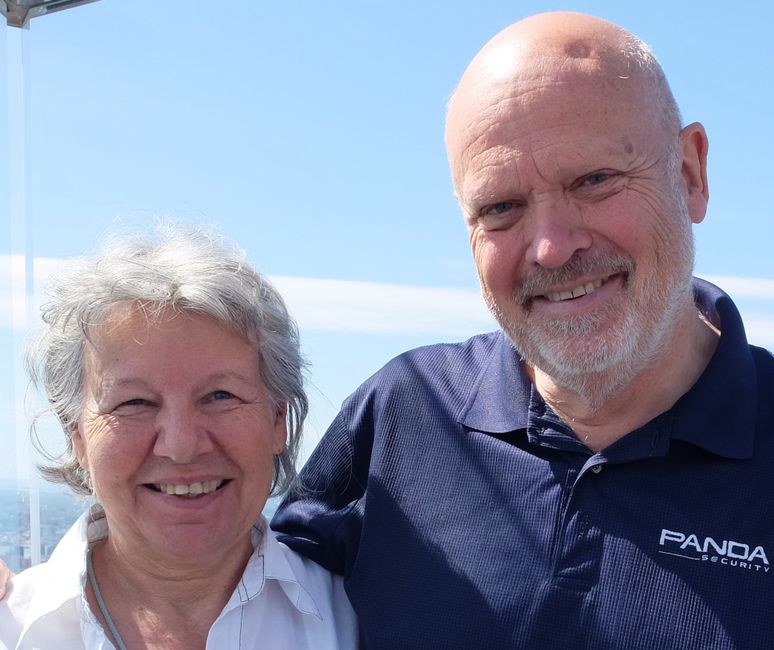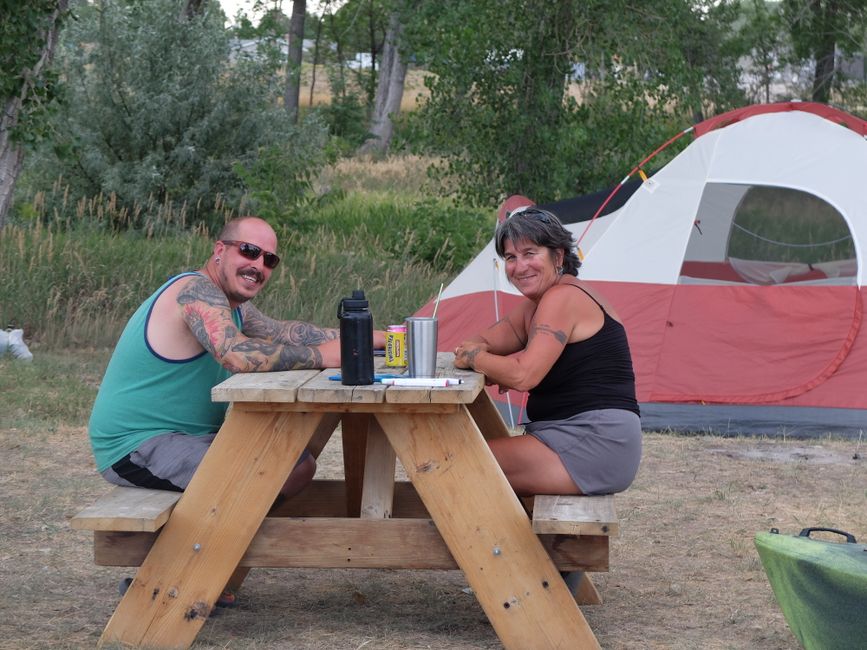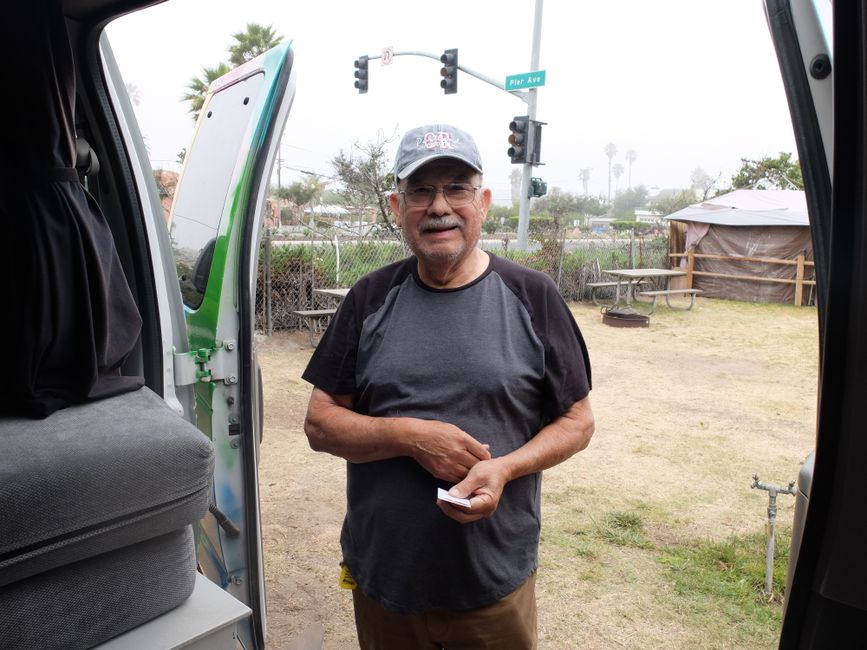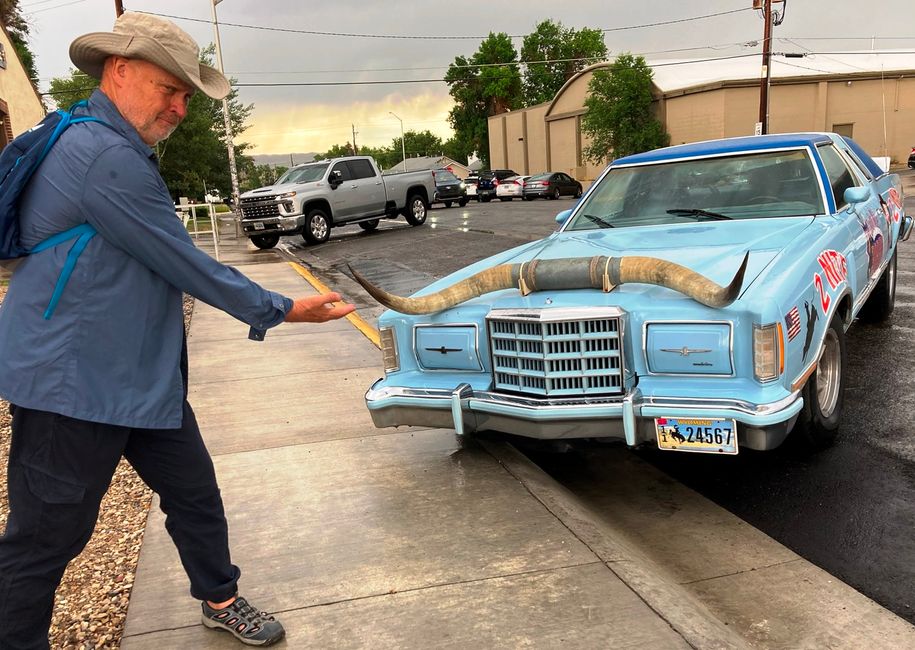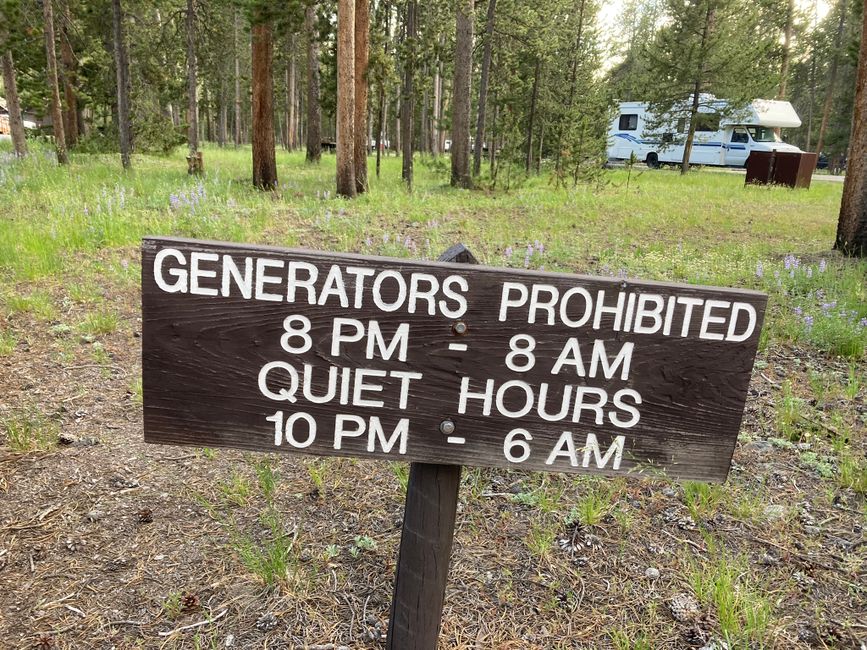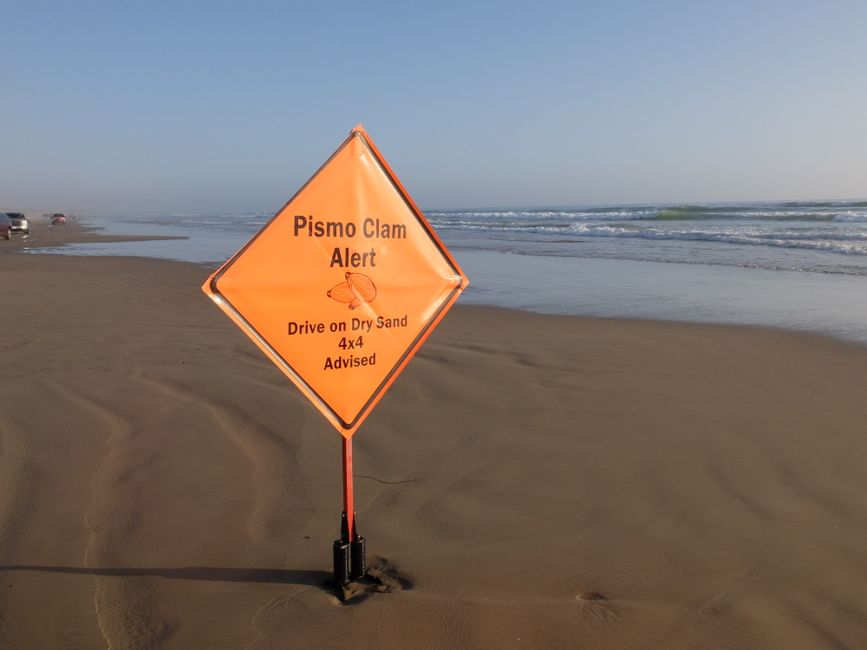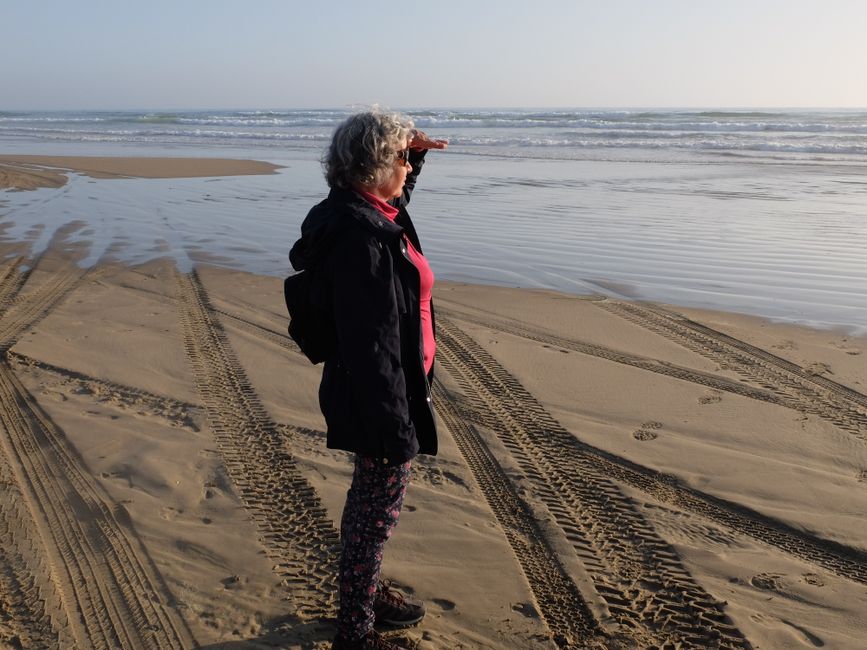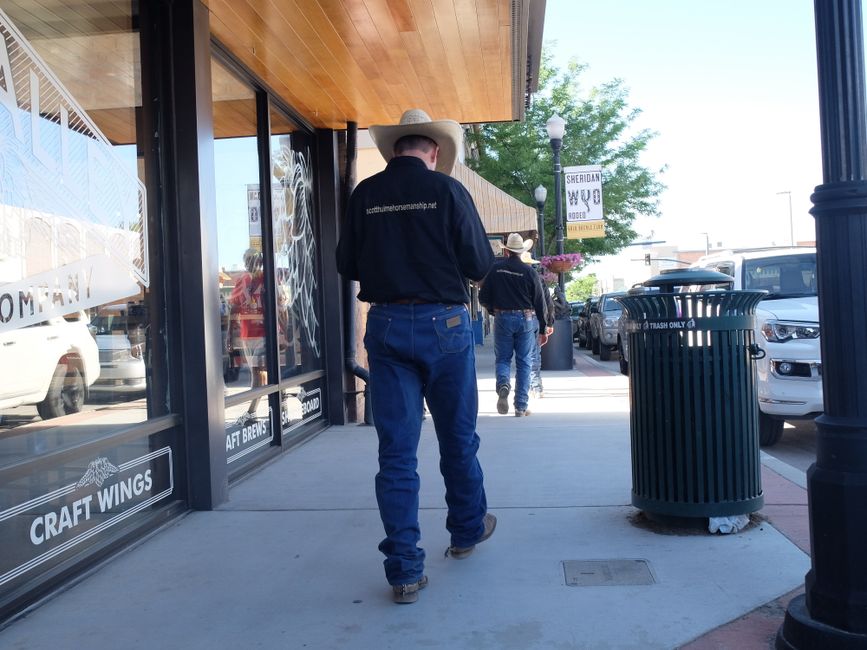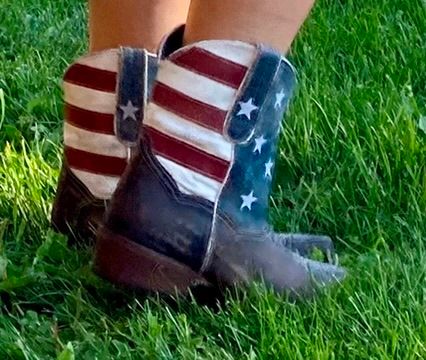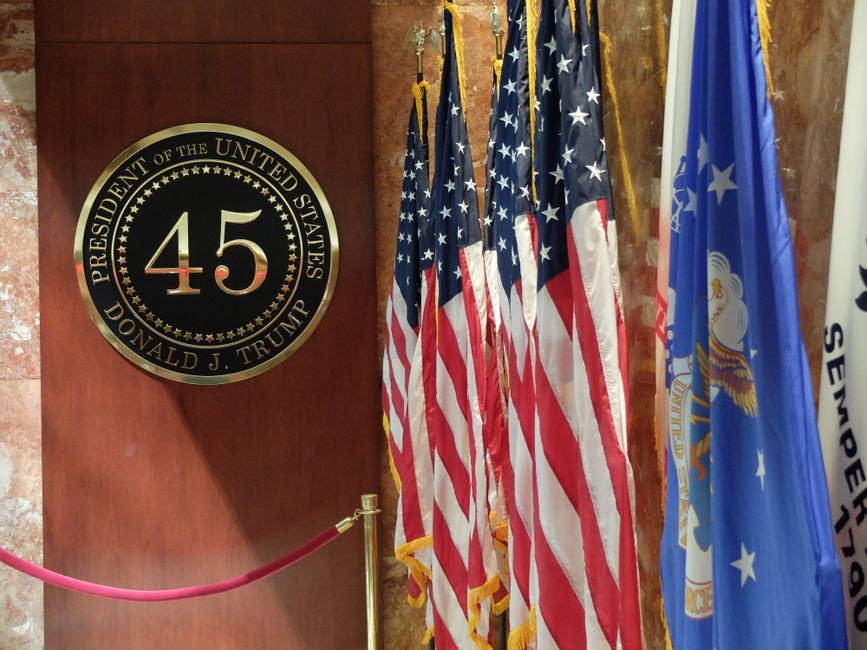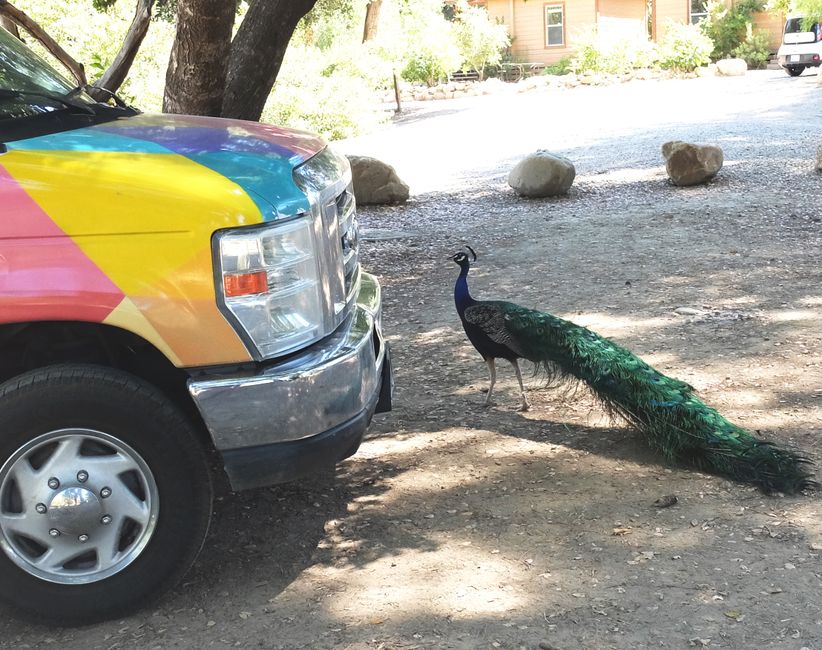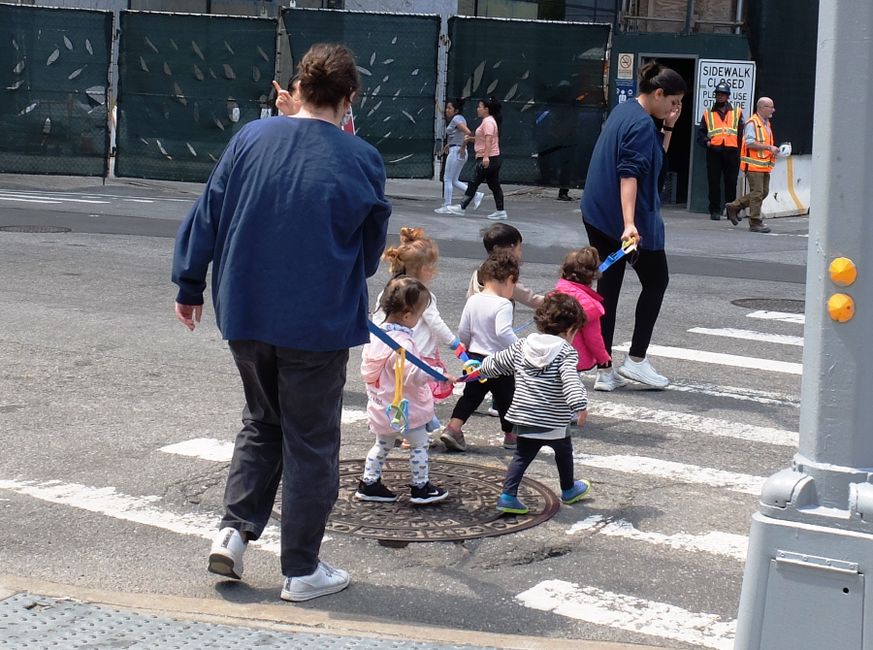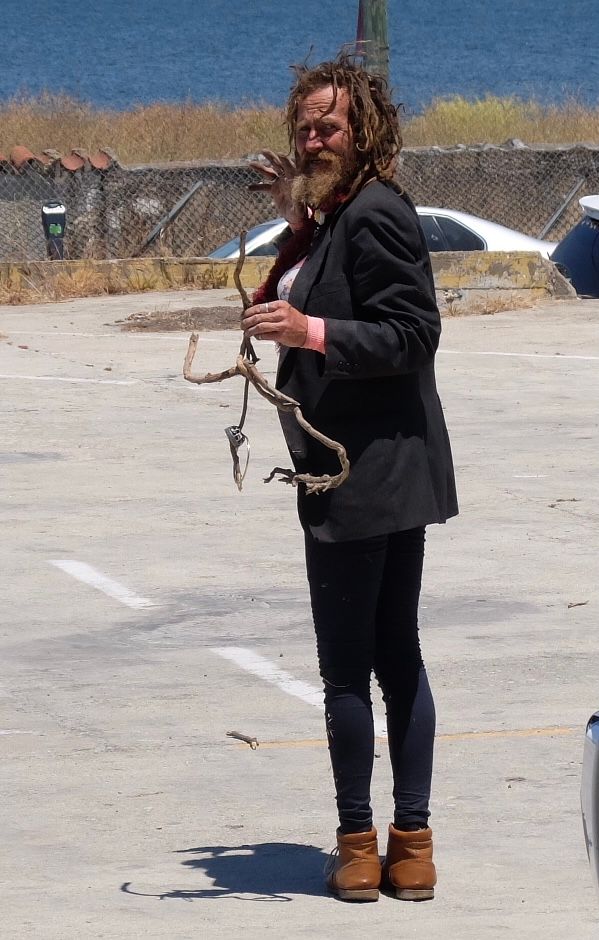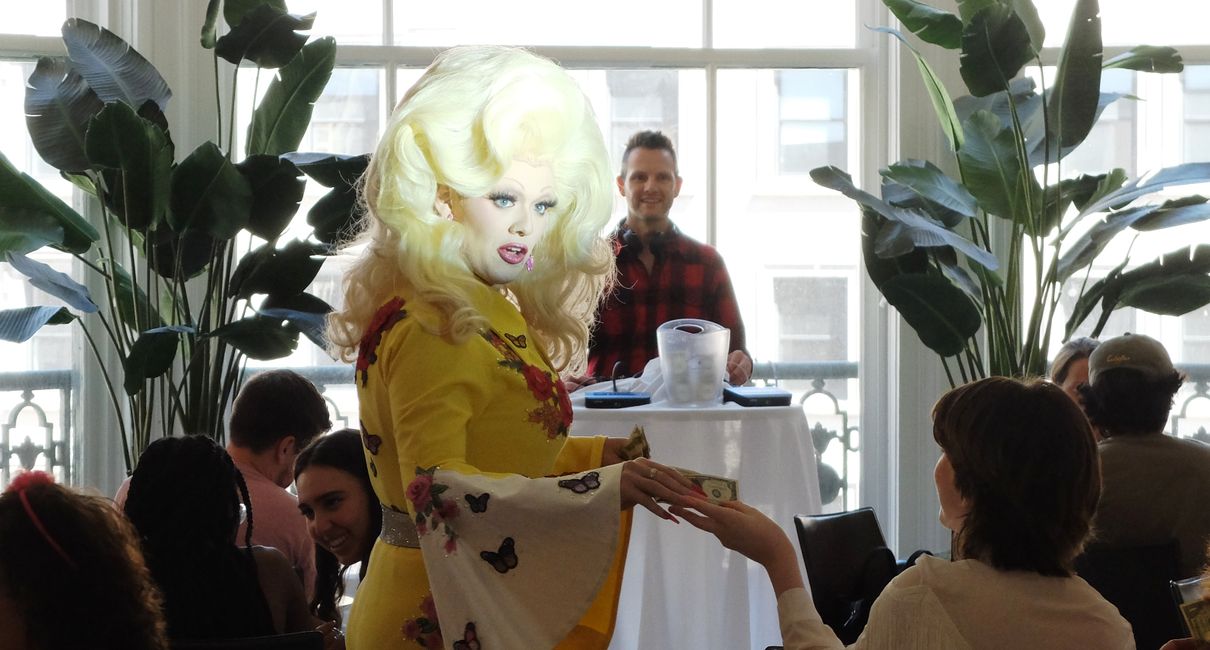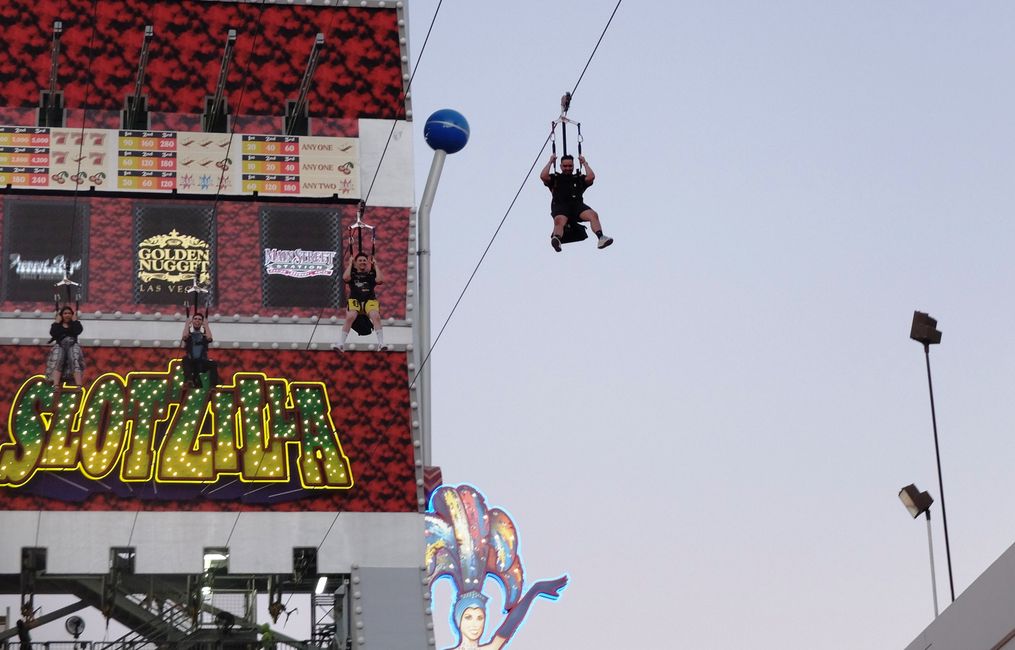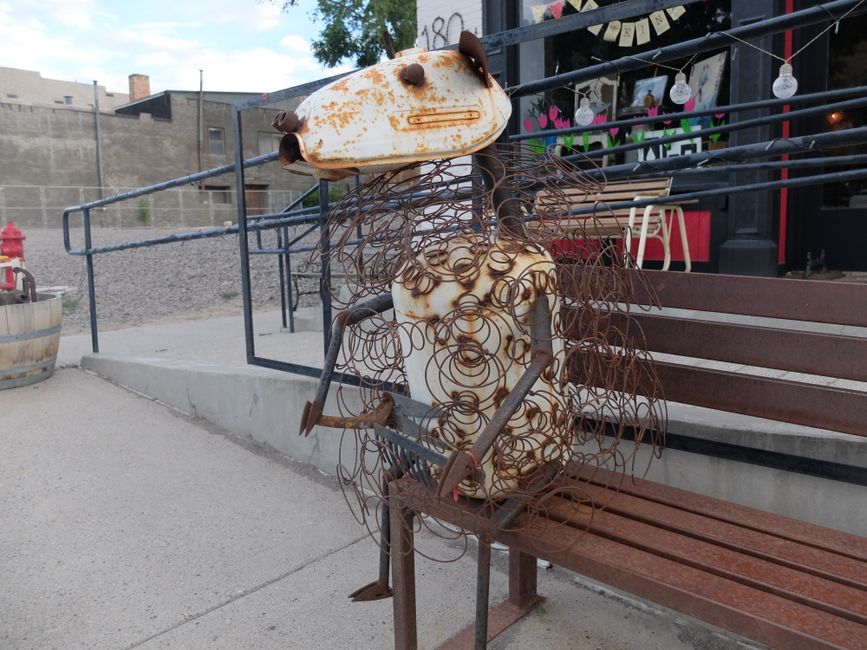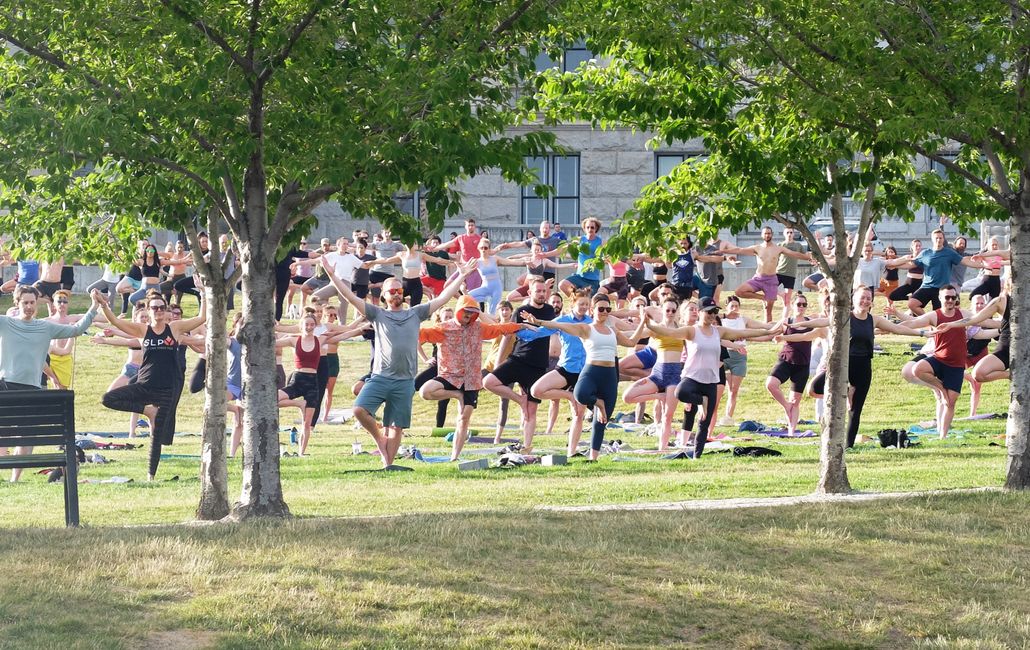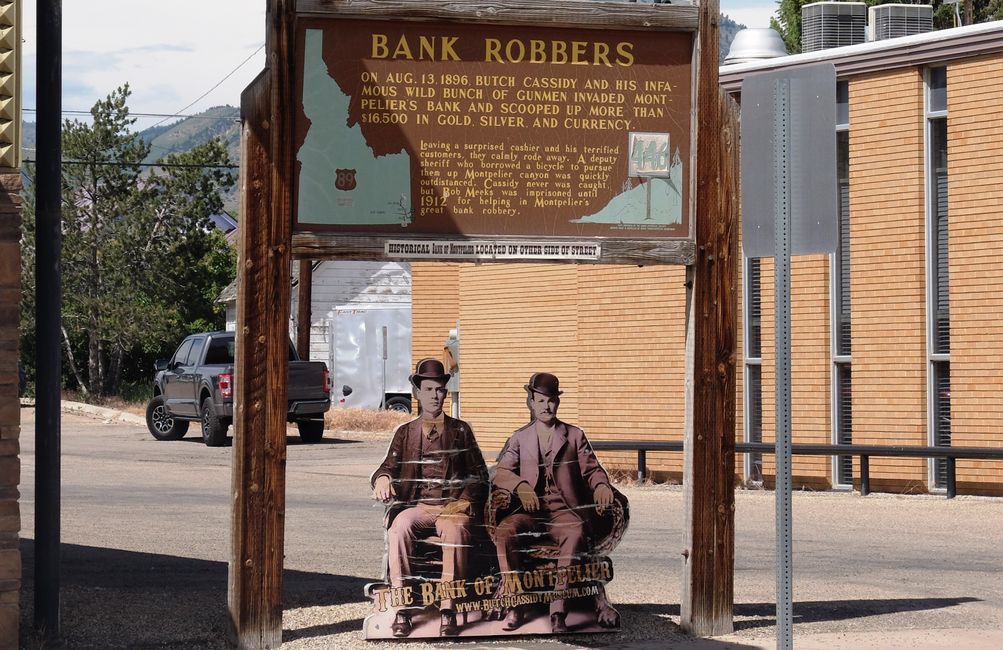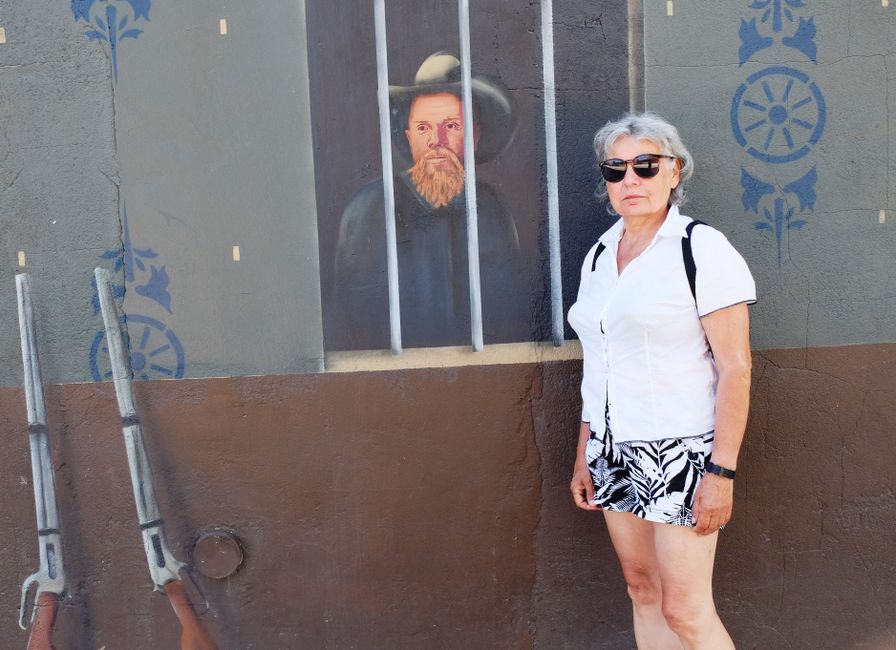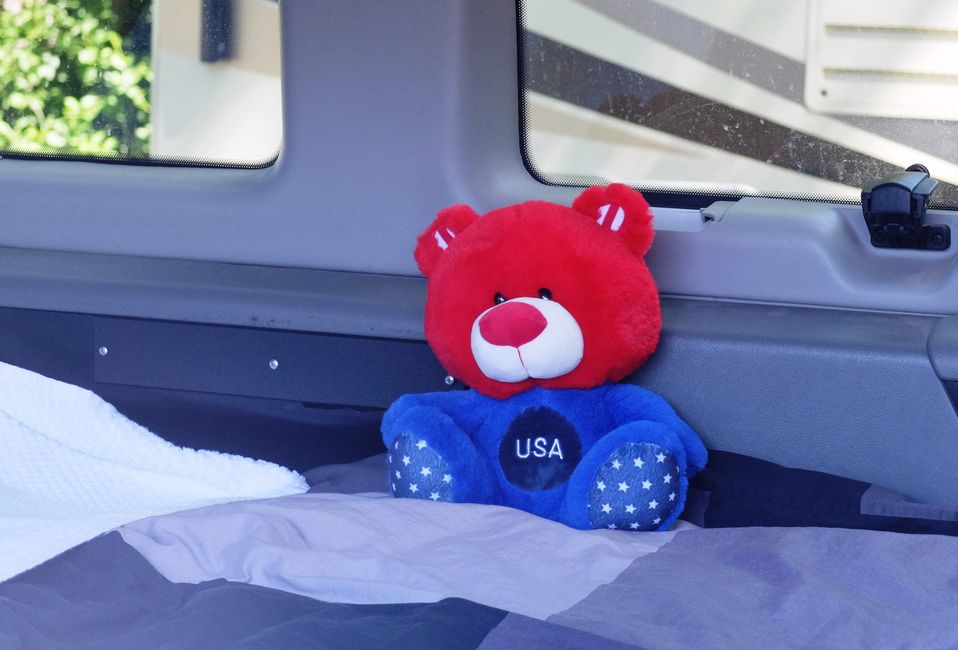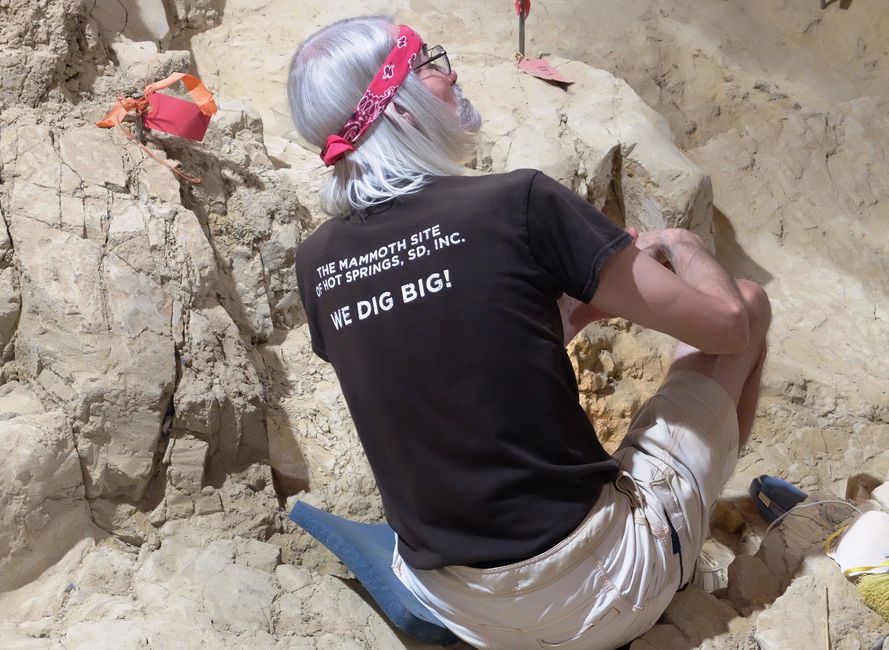Can I help you?
प्रकाशित: 06.08.2022
बातमीपत्राचे सदस्य व्हा
Country and People
“Can I help you?” asks the well-groomed man in his forties sitting in front of a hotel near Union Station Denver. Yes, we could use some help. It's just after midnight and we are looking for bus number 15, which according to our mobile app takes us to our hotel. But so far, everyone we've asked has sent us in all sorts of but always wrong directions. So we have little hope that this slightly tipsy gentleman can really help us. Judging by the price of his hotel, he never uses public transportation. And indeed, he immediately rules out that any bus is still running and suggests calling an Uber. But we are not ready yet and try to resist because we assume that we will have to pay for it. But Josh, as he introduces himself, is already pressing buttons on his phone and announces that the car will be there in three minutes and he will take care of it. So we actually drive to the hotel at his expense and cannot believe the kindness and helpfulness.
Two weeks later, we arrive at our campsite of the day and claim that we have a reservation. The woman at the counter looks at her computer and says no, she doesn't have anything. This is certainly a mistake from the office and we ask if anything is available. Yes, she has a spot for us. But we have to take it for at least two days and it will cost $140. We are initially outraged, then we begin to suspect that it might be our fault. And yes, I messed up. The place I booked over the phone is in Visalia, four hours away. The woman at the computer calls there and doesn't reach anyone. So we are stuck with two nights here and still have to pay for the spot in Visalia. The cancellation policy of KOA is clear. Twelve hours later, everything is resolved. The woman at the counter has continued to make phone calls and connects me with the owner of the other campground. She remembers me because of my first name, Jürgen, because her Norwegian grandfather was also named Jorgen. I am now "Crazy Jurgen", who messed up 200 miles and she actually cancels my reservation free of charge. Our actual host says we only need to stay one night. However, we still stay two nights, are woken up in the morning by free-roaming peacocks, and actually receive a 10% discount.
We meet Bob at a municipal campground on the Pacific Coast near Pismo Beach. His real name is Roberto and he is from Mexico, but has been living in Portland, Oregon, his whole life. He is currently on his big West Coast tour. We ask him where we can buy bread here. Oh yes, there is a bakery that actually makes sourdough bread. He is on his way there anyway and asks if he should bring something back for us. We say yes, please. Rolls, if they have any. When we come back from the bathroom, there is a whole collection of rolls, bread, and cakes, and a bowl of strawberries waiting for us. During a later visit to the bakery ourselves, we find out that the items are worth $15. When we meet him again, he refuses to take any money from us and wishes us bon appétit.
Then there are Niklas and Renee, son and mother, whom we meet at a municipal campground in Scottsbluff, Nebraska. I want to put an envelope with $10 for a "dry place" without electricity and water into the corresponding mailbox at the registration. That is already a bargain price, the cheapest place on our tour. It becomes even cheaper. Since we only have a $20 bill, we ask them if they can change it. They only manage to gather $18, so Renee takes a ten-dollar bill, puts it in the envelope, licks it, and asks if she should also put the envelope in the box. Of course not. We have to do something ourselves. We can only thank them and pay our bill with their money. However, they have one condition. They want to take a closer look at our car. They liked it so much when we drove onto the site because it is so colorful. We invite them and luckily still have three bottles of "Fat Tire" in the cooler.
Yes, we have consistently had good experiences with the people of the USA as soon as we had personal contact with them. We have experienced kindness, politeness, helpfulness, and interest in us everywhere. Even our encounter with the authorities was rather positive. Also in Scottsbluff, we suddenly hear the typical police siren right behind us. The perfect, scary movie situation. We can already see ourselves standing with our hands on the car roof, legs wide apart. In fact, we are advised over the loudspeaker to keep the car door closed. An older man in uniform, obviously older than us, comes to the driver's window and asks for our driver's license. Nothing spectacular happens next. As the driver, I am informed that I have apparently ignored three stop signs. I can already see myself in police custody. But after studying my driver's license, there is only a mild admonition. After all, they want us to "be safe" while traveling through the country. Phew.
Then there are all the men and women who patiently explain the way to us, willingly take our picture together, advise us thoroughly in the coin laundry, recommend restaurants nearby, and are happy to meet people from far away. So, are there no negative experiences with the residents at all?
No, there aren't, as far as we have dealt with individual people. However, this only applies to a limited extent when we are confronted with larger groups and collective behaviors.
There are the campers who start their huge bonfires in the middle of nature reserves before the tent is even set up or the RV is connected to water. Goodbye fresh air when morning and evening the wood sold by the national park itself is burned completely senselessly, because even at night it is around 24 degrees Celsius and nothing is cooked on the fire. There must be some constitutional amendment that not only declares bonfires a fundamental right but also a civic duty. In the middle of Yellowstone National Park, which regularly burns down in large parts, you can see from a distance where exactly the campground is located. It's the piece of forest with the massive blanket of smoke and fine dust above it. And it's not a cheap fun, as the bundle costs an average of nine dollars. A neighbor wants to leave us his remaining supplies because he's going home. I thank him politely and mention that he wants to give me around thirty dollars. He confirms it with a smile and drives away. Of course, we don't touch the treasure, someone will surely be found who wants to pollute the air when we are gone.
There are the hardcore motor maniacs who drive up and down the main street of Deadwood, South Dakota all day long with quads and three-wheeled motorcycles, and continue to terrorize us at night at the campsite. Or the grandpas in beach buggies who celebrate flag parades two days before the 4th of July on another campsite, or the 10-year-olds who want to drive around our rented spot in motorized vehicles. Or there is the beach near Pismo Beach, which is reserved for motor vehicles as a state park and is constantly plowed up by all kinds of vehicles. Then there are the obviously completely painless camper neighbors who let the huge engines of their eight-meter-long RVs bubble away in idle for hours and keep their giant screens alive with gasoline-powered generators. Also disturbing are the families who drive their cars to the restrooms, of course, with the engines running when they shower or people who have obviously moved into the sanitary area and sleep, eat, and destroy the facilities there.
There are souvenir shops that only sell T-shirts on which Biden and his government are vilified and declared enemies of the state. On which beatings are threatened if the flag is disrespected or veterans are not honored enough. And finally, there are the radio stations that only play bad rock music, which is then called Christian music, also because the presenter constantly talks about Jeeeeesus.
But all in all, our balance is positive. It is also the people in the USA who have made this trip an unforgettable experience for us. Apparently, this also means that we often have to wonder.
बातमीपत्राचे सदस्य व्हा
उत्तर द्या
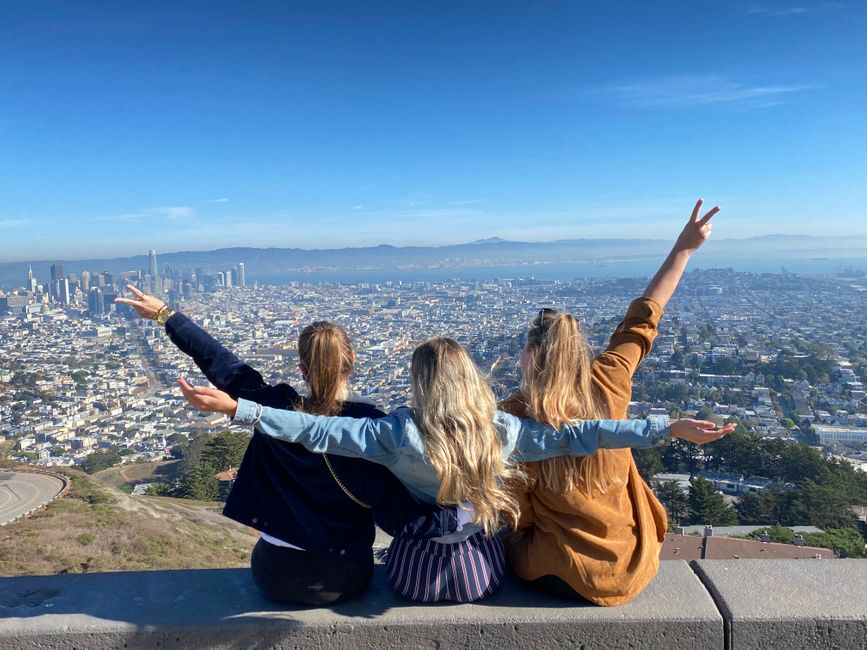
प्रवास अहवाल संयुक्त राज्य

